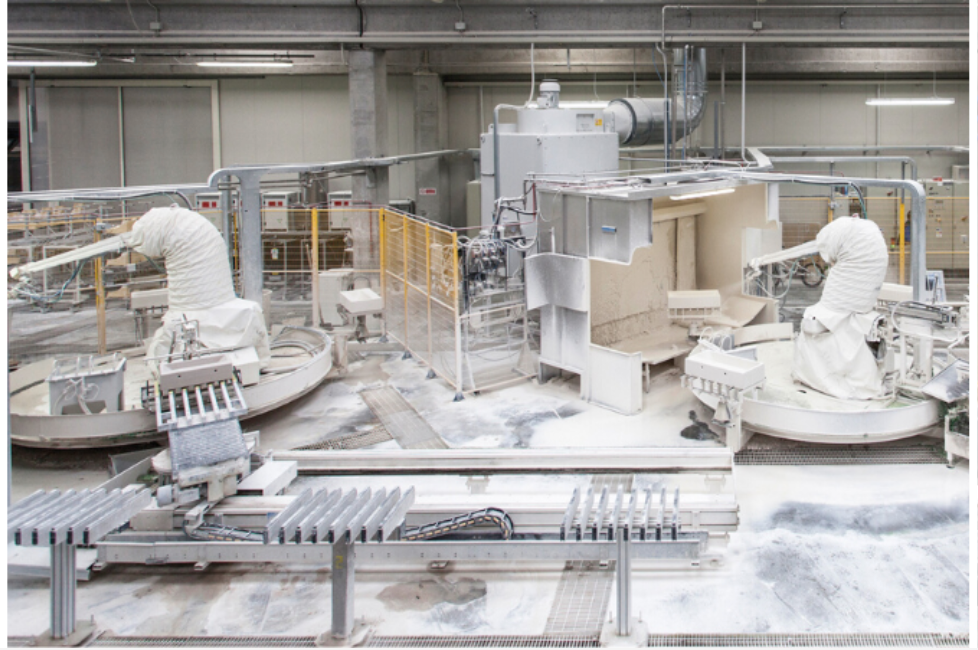
Gaiotto Automation (SACMI Group), a leading player in the design and development of industrial robots, has won funding from the Regione Emilia-Romagna as part of an investment attractiveness tender (as per Italian Regional Law 14 of 2014).
Proposed under the European Regional Development Program POR FESR 2014-2020, the tender fund's strategic employment-boosting investment plans. These mainly concern industrial research and experimentation programs that target the development and dissemination of significant technological advances for production systems; such investments also seek to acquire new capacities of technological and industrial relevance to regional manufacturing chains.
Industrial robotics is increasingly essential to modern manufacturing. However, its application on a wider scale poses several problems: for example, robots, once programmed, have a certain rigidity and workers now need to have high-end skill set.
Gaiotto's ‘Development of Advanced Programming Techniques for Industrial Robots’ project seeks to address these issues. Step 1 is the development of new offline programming software. In practice, this allows users to program robot tasks without any machine downtime. Step 2 is the ‘virtualization’ (digital twinning) of robotic systems to allow kinematic and dynamic simulation. Lastly, Step 3 implements new algorithms that aid self-learning, allowing humans to efficiently teach the robot to perform the necessary movements.
Several solutions in Gaiotto's portfolio already make full use of these principles. Such solutions form the core of the SACMI range and have multiple applications across various businesses (glazing, pressure casting, handling, etc.). This project aims to push forward the frontiers of future applications by using increasingly sophisticated hardware and software: to do so it will draw on 900,000 euros of co-funding provided under the regional tender and recruit some 25 new technicians onto the Gaiotto team.
The project also includes a second set of activities that focus on the complete automation of robotic systems. Here, the project involves the creation of next-gen hardware and software that will allow robots to ‘perceive the surrounding environment’. The goal, then, is not just to teach robots to perform specific tasks but to make them ‘think like humans’: in short, robots capable of self-generating programs.
Gaiotto will team up with the Department of Engineering Sciences and Methods of the University of Modena and Reggio Emilia, represented by the ARSControl (Automation, Robotics, and Control Systems) research group which has a lab at Tecnopolo di Reggio Emilia. The company will also partner with Industria Tecnologica Italiana (IT-I) srl, founded in 2015 by engineers with PhDs in robotics and automation systems for mechanics and mechatronics.
This regional co-financing underscores the soundness of SACMI’s innovation strategy which has, for years, focused on close ties with local institutions and universities, from the Emilia-Romagna Regional High Tech Network to various partnerships with regional universities for the development of business-related projects. An integral part of this strategy is making optimal use of innovation-driving funding opportunities to improve skill sets both in-company and throughout the region.






